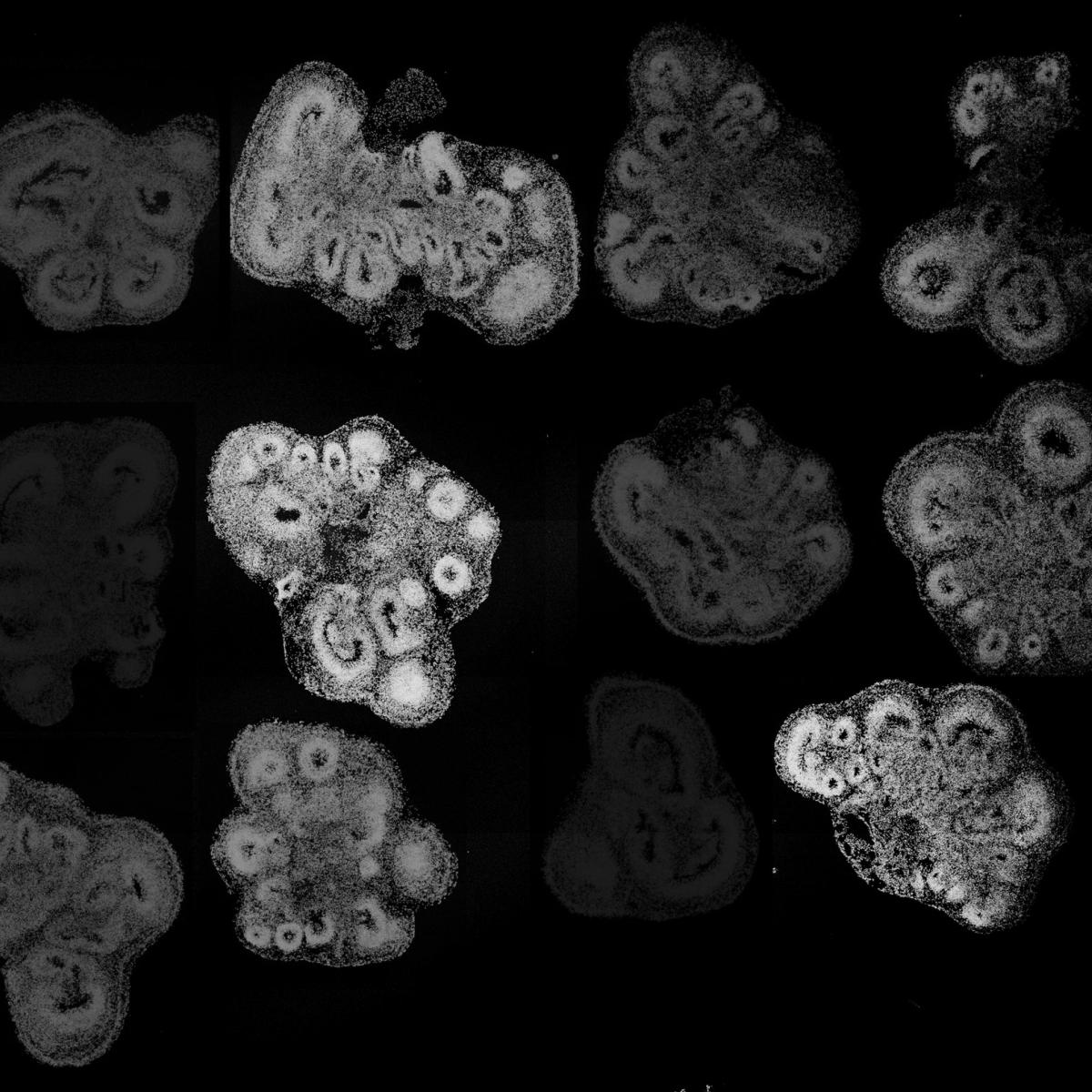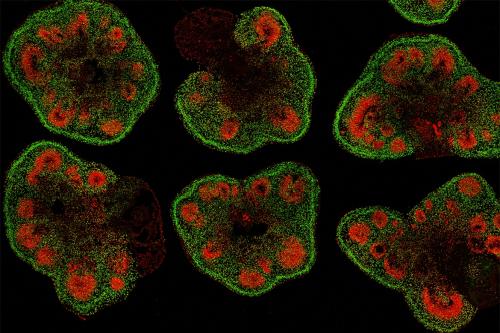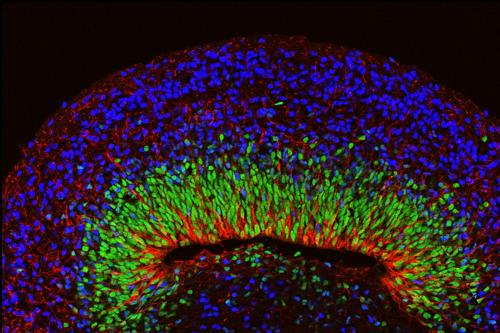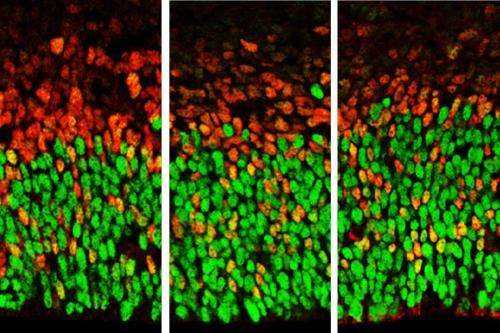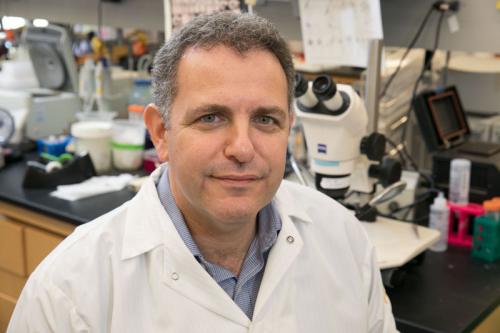
Bennett Novitch, Ph.D.
- Professor, Neurobiology
- Director, UCLA Integrated Center for Neural Repair
- Co-Director, Cells Systems and Circuit Analysis Core, UCLA Intellectual and Developmental Disabilities Research Center

Bennett Novitch, Ph.D., studies the molecular pathways that direct the differentiation of neural stem cells and the assembly of neural circuits in health and disease. His research could help identify the causes of neurodevelopmental, neuropsychiatric and neurodegenerative disorders and inform the development of treatments for these conditions.
Much of Novitch’s work has focused on defining the actions of the growth factor signals, transcriptional networks and downstream effectors that control the formation of specific classes of neurons and glial cells in the developing brain and spinal cord. Insights into these fundamental mechanisms will help determine the function of neural progenitor cells in both normal development and diseased states and inform the creation of new methods to manipulate these cells to facilitate the repair of damaged neural tissues.
Most recently, he has been leveraging his understanding of these developmental processes to create simplified models of brain and spinal cord tissues from human embryonic and induced pluripotent stem cells using 3D organoid approaches. These technologies offer an unprecedented opportunity to investigate features of human development and pathologies that cannot be easily recapitulated in model organisms such as mice.
Utilizing these 3D brain organoids, Novitch models the formation and function of human neural circuits to better understand the basis of neurodevelopmental and neuropsychiatric disorders, as well as the root causes of neurodegenerative diseases such as spinal muscular atrophy and amyotrophic lateral sclerosis. He seeks to use this experimental platform for drug discovery and the development of cellular therapies to repair the injured or diseased nervous system.
Research Projects
- Characterizing the contributions of neuropsychiatric risk genes to human brain development and function using 2D cell culture and 3D organoid 3D tissue grown from stem cells to replicate aspects of the structure and function of an organ. By modeling how multiple types of cells interact in biologically-relevant structures, these models help researchers understand how human organs develop, age and respond to disease in more detail than 2D cultures. organoid 3D tissue grown from stem cells to replicate aspects of the structure and function of an organ. By modeling how multiple types of cells interact in biologically-relevant structures, these models help researchers understand how human organs develop, age and respond to disease in more detail than 2D cultures. models
- Utilizing organoid models to characterize neural network dysfunction associated with multiple neurodevelopmental disorders including Rett Syndrome, 15q duplication syndrome and epilepsy
- Examining neuroinflammation and neurodegeneration associated with microglial dysfunction stemming from viral infection such as HIV or congenital variations in autism risk genes
- Advancing 3D brain organoid methodologies to improve rigor, reproducibility and fidelity in modeling human brain development
- Defining the natural mechanisms controlling neural stem/progenitor cell proliferation and differentiation The process by which stem cells transform into specific, specialized cell types with distinct functions and features. differentiation The process by which stem cells transform into specific, specialized cell types with distinct functions and features. during brain and spinal cord development
-
Post-doctoral fellowship
- Neuroscience, Columbia University College of Physicians and Surgeons, 2004
Degree
- Ph.D., Biological Chemistry, Harvard University, 1998
-
